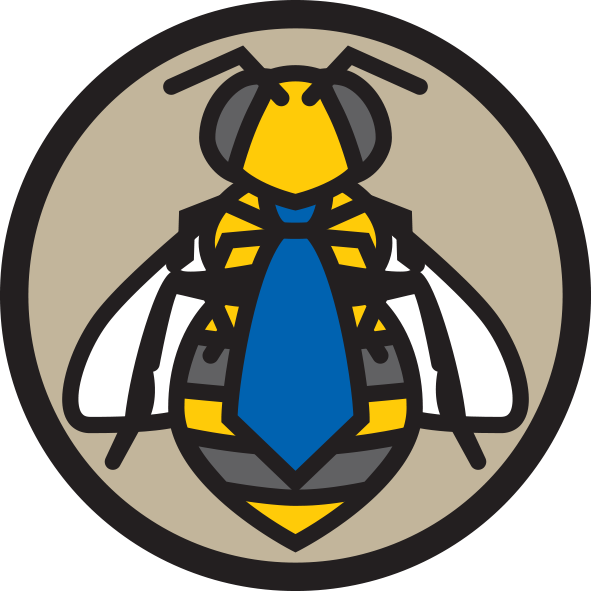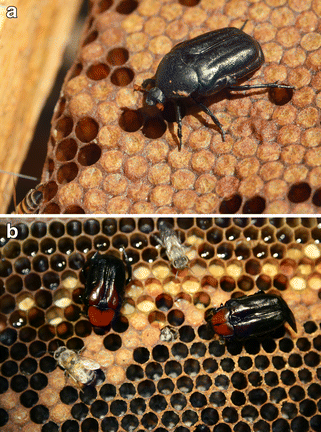
There are two species of large African hive beetle a) Oplostomus fuligineus (Photo courtesy B Oldroyd) and b) Oplostomus haroldi (Photo courtesy M Allsopp)
The large African hive beetle, Oplostomus fuligineus and Oplostomus haroldi, is a pest of honey bee colonies in southern and central Africa. Adult beetles feed on brood and pollen, damaging the combs. A single honey bee colony can have over 700 adult beetles present.
Ben Oldroyd from the University of Sydney went to Africa as part of an AgriFutures Australia study to complete a risk assessment and determine what substances large African hive beetles prefer to produce their young in.
Unlike small African hive beetle, the large African hive beetle does not develop within colonies. The large African hive beetles lay their eggs in horse dung, but may also lay in the dung of cattle. Eggs hatch after 6-13 days, the larval stage lasts 29-40 days and the pupal stage 21-49 days.
The beetle is found throughout sub-Saharan Africa and has been observed in Kenya, South Africa, and Botswana. Under favourable conditions, the beetles could complete 2 or 3 life cycles per year.
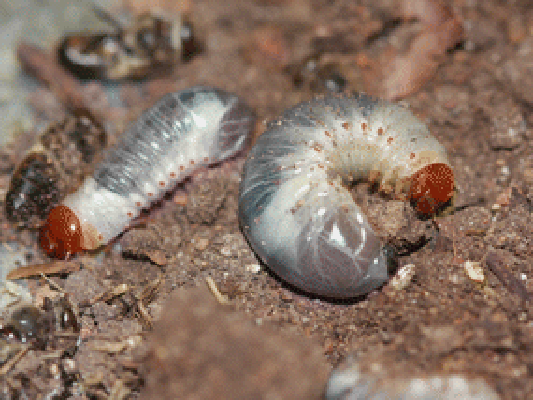
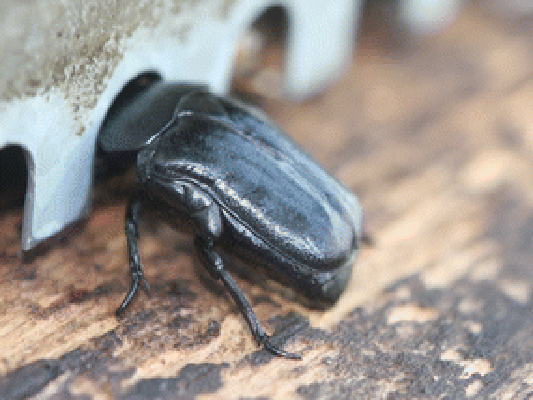
Above left: Larvae of large African hive beetle | Right: Beekeepers in Africa use reduced entrances on their colonies to help prevent entrance by large African hive beetles. (Photos courtesy Ben Oldroyd)
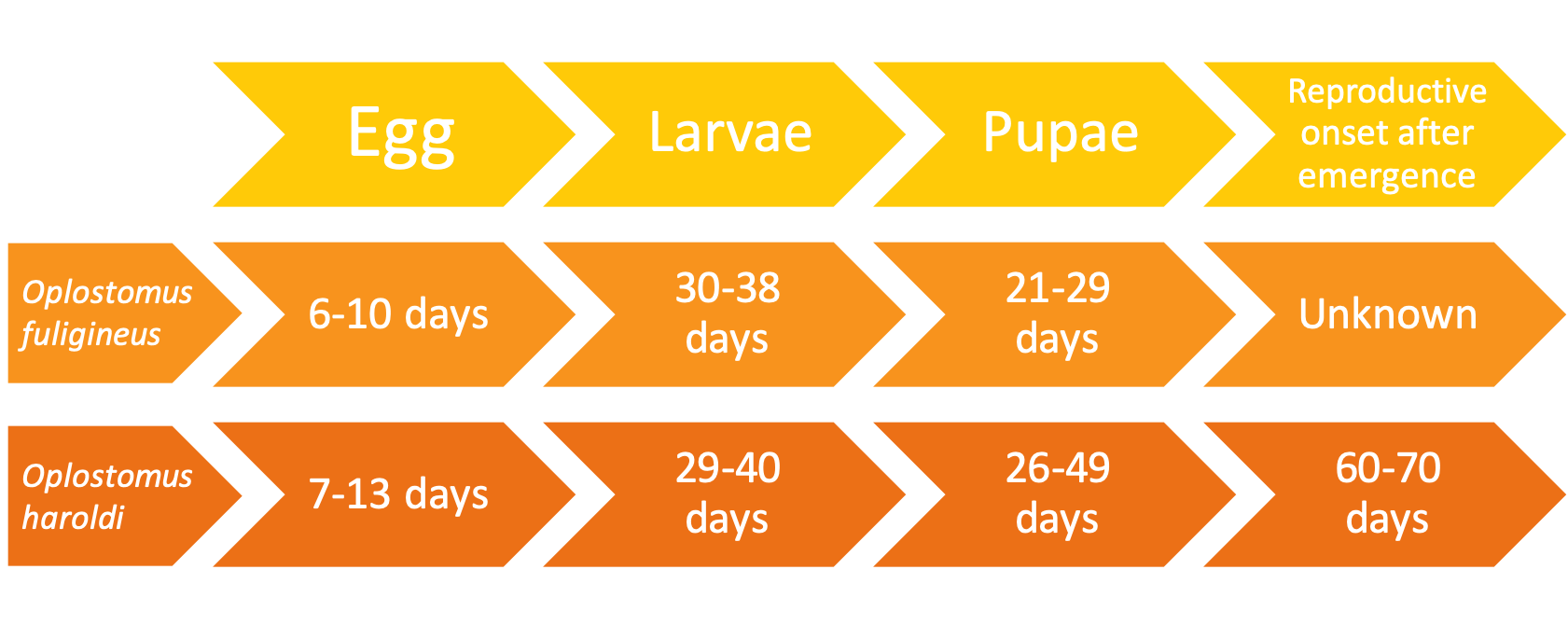
Above: Lifecycle of both species of large African hive beetle.
Australia has soil and climate similar to that in southern and central Africa, thus it is likely that a population could establish if the large African hive beetle made its way to Australia. The beetle could be transferred with animals, agricultural equipment, grain, soil, or with beekeeping equipment. The lack of Australian dung beetles in Australia means that there would be ample reproductive opportunities. Subsequently, Plant Health Australia has identified large African hive beetles as a high risk.
Due to the size of the large African hivebeetle, beekeepers in South Africa use entrance restrictors to prevent large African hive beetles from entering their colonies.
If you think you have found a large African hive beetle call the Exotic Plant Pest Hotline 1800 084 881.
Acknowledgements:
- B.P. Oldroyd & M. Allsopp (2016) Risk Assessment for Large African Hive Beetle. Rural Industries Research and Development Corporation Publication 16-054, Canberra, Australia
- This article was written by Nadine Chapman and peer-reviewed by Michael Holmes and Mark Page.
